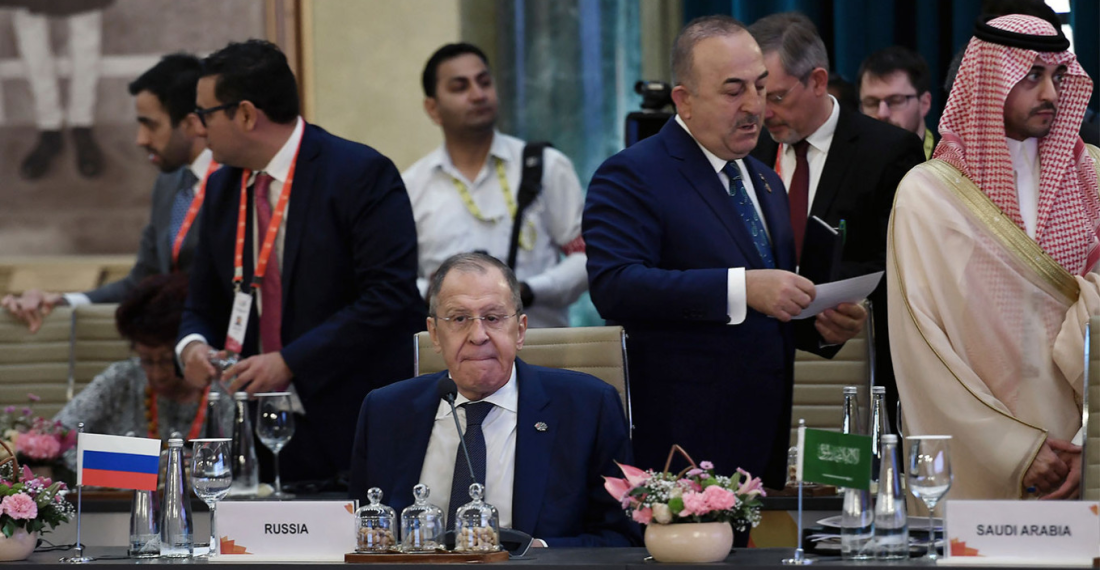Yesterday, on Thursday (2 March) the US Secretary of State Antony Blinken met Russian Foreign Minister Sergei Lavrov for the first time since the beginning of Russia’s full-scale invasion of Ukraine, over one year ago.
Taking place in the Indian capital New Delhi, sources report that the two spoke "on the move" for only ten minutes, and apparently not much resulted from it. Blinken reiterated US support for Ukraine, and pressed the Kremlin to reverse their decision to pull out of the 2010 START treaty on nuclear proliferation.
In remarks released after his address at the closed-door meeting of foreign ministers, Antony Blinken said, "we must continue to call on Russia to end its war of aggression and withdraw from Ukraine for the sake of international peace and economic stability".
According to reports from the American side, Blinken also brought up the case of the former American soldier Paul Whelan, who in 2020 was sentenced to 16 years hard labour after being convicted of spying by Russian authorities.
On his part, Foreign Minister Lavrov did not report any relevant points from the meeting with Blinken, while the Russian Foreign Ministry spokesperson Maria Zakharova said that the meeting had been encouraged by Blinken’s staff, but added "there was no negotiation".
Lavrov also accused the West of making the G20 foreign ministers’ meeting in New Delhi about Ukraine, and claimed that Russia would "focus on the attempts by the West to take revenge for the inevitable disappearance of the levers of dominance from its hands".
The fully-fledged G20 summit takes place in New Delhi on 9-10 September 2023.






